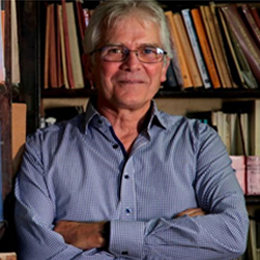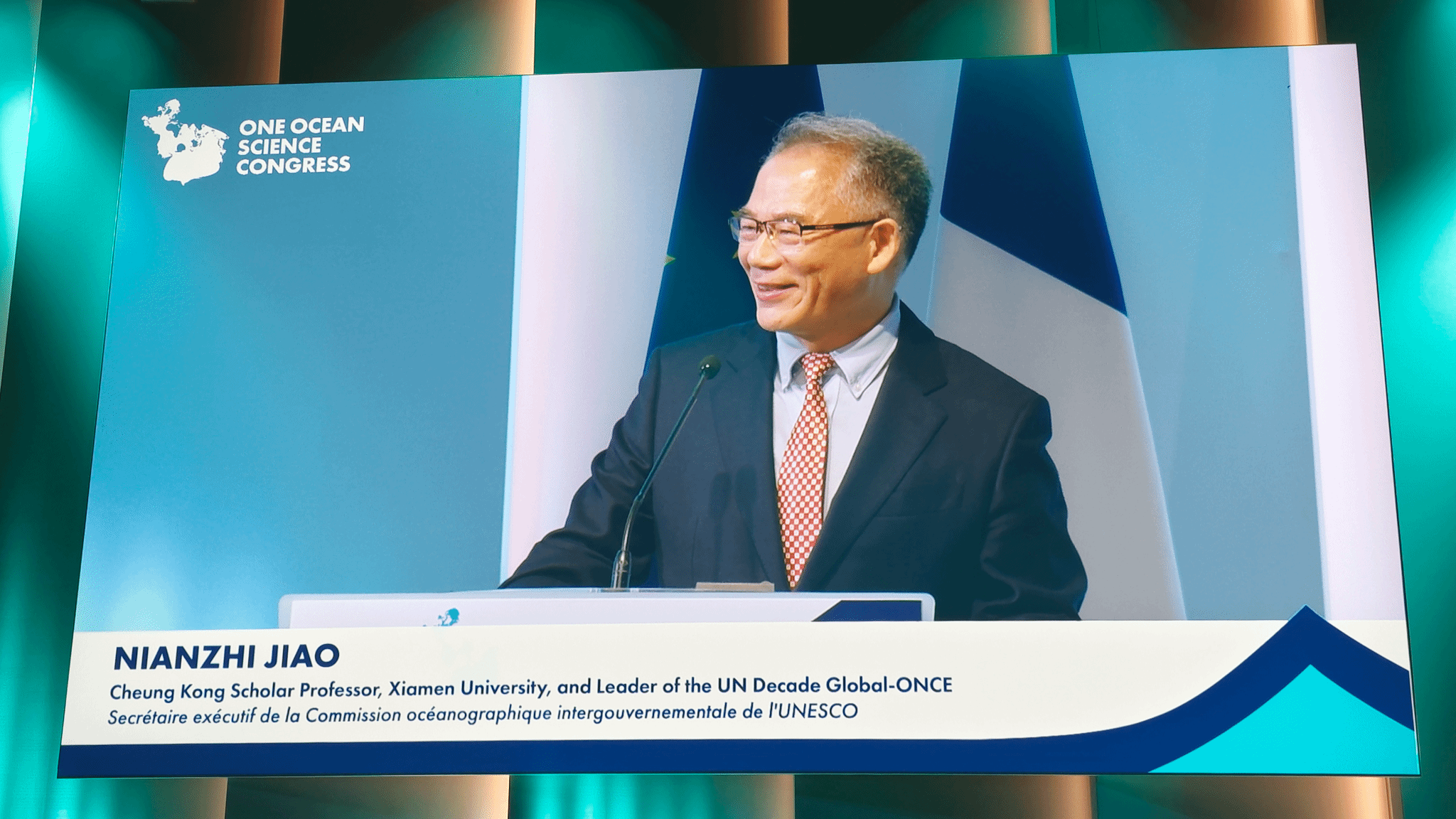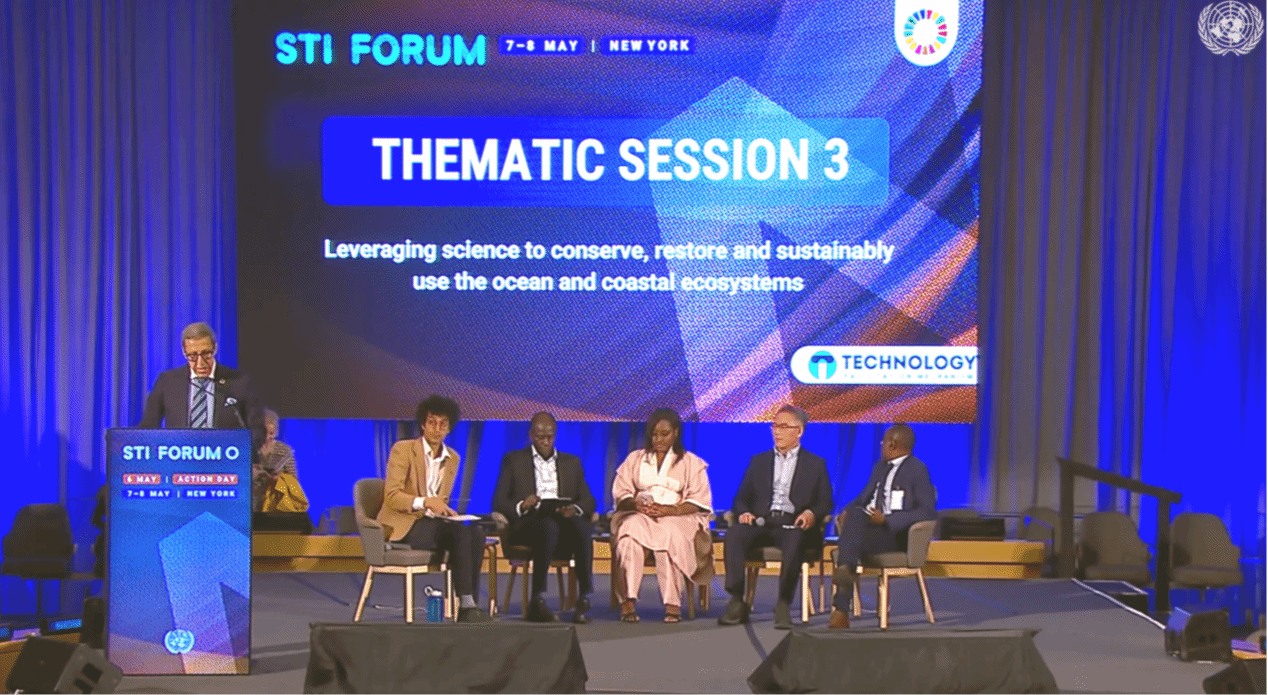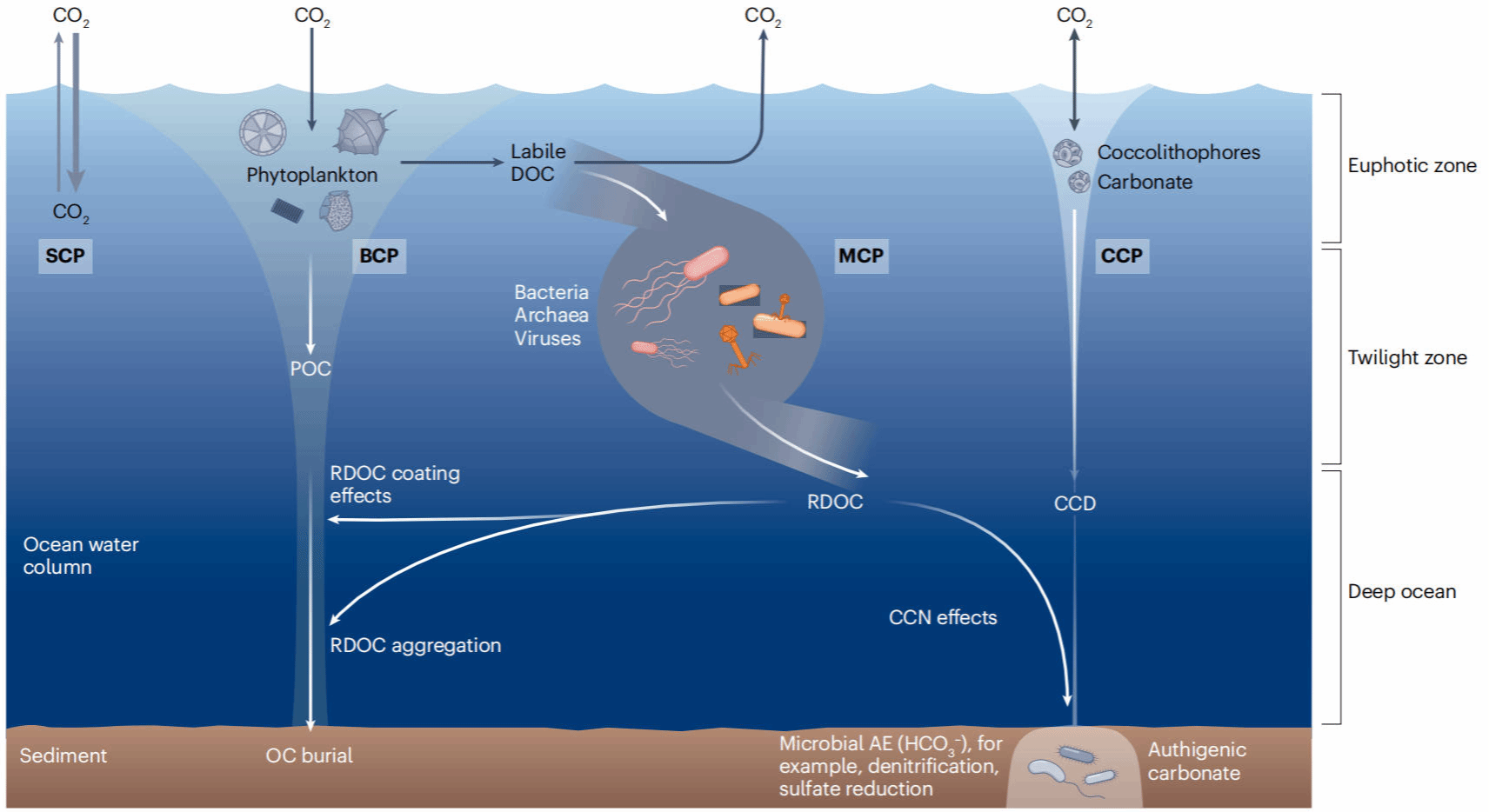About ONCE
Negative carbon emissions are considered to be a promising approach to the goal of the Paris Agreement to limit global warming to 2.0°C or perhaps even 1.5°C by the end of this century. The ocean has a large capacity to sequester carbon and has absorbed approximately 25% of the CO2 produced by fossil fuel combustion and cement production since the beginning of the industrial revolution. Increasing ocean carbon sinks by anthropogenic processes ...Read More

Nianzhi Jiao
Xiamen University
China

Jean-Pierre Gattuso
Sorbonne University
France

Sarah Cooley
Ocean Conservancy
USA

Louis Legendre
Sorbonne University
France

Douglas Wallace
Dalhousie University
Canada






